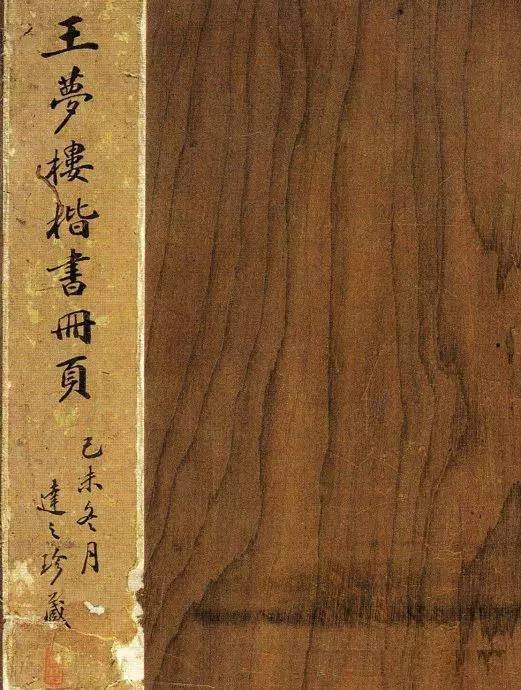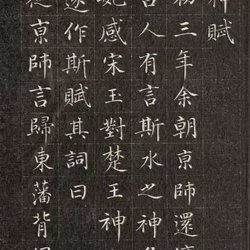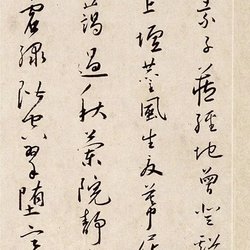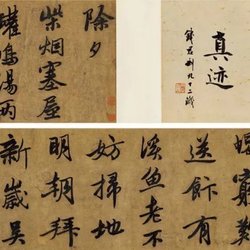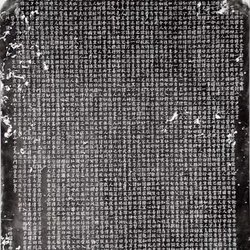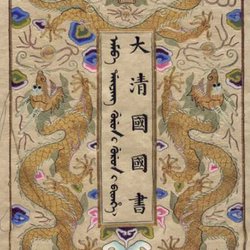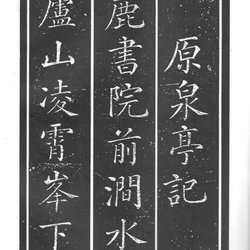Wang Wenzhi, this is another young genius. He became famous in Jiangsu and Zhejiang for his writing and calligraphy when he was a teenager, and became famous in the capital when he was in his twenties. In the 21st year of Qianlong's reign (1756), Quan Kui and Zhou Huang, the imperial ministers, went to Ryukyu. They admired the name of Wang Wenzhi's calligraphy and invited him to go with them. As a result, the people of Ryukyu spent a lot of money to buy Wang Wenzhi's calligraphy, which made this 26-year-old The title of this guy's book shocked me. Today's Okinawa Museum in Japan still collects Wang Wenzhi's books and works from that year.
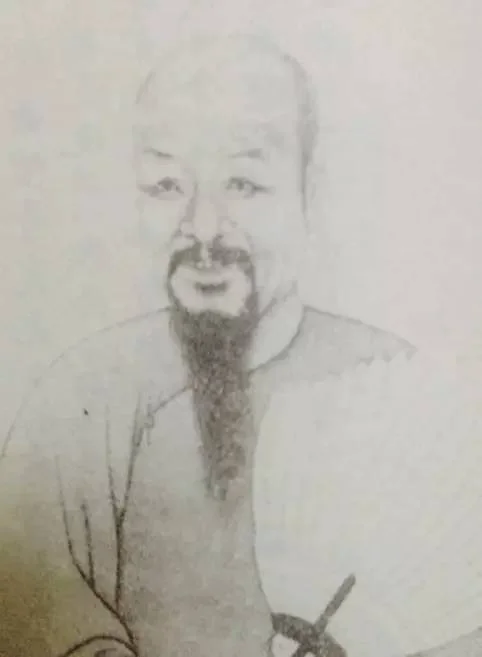
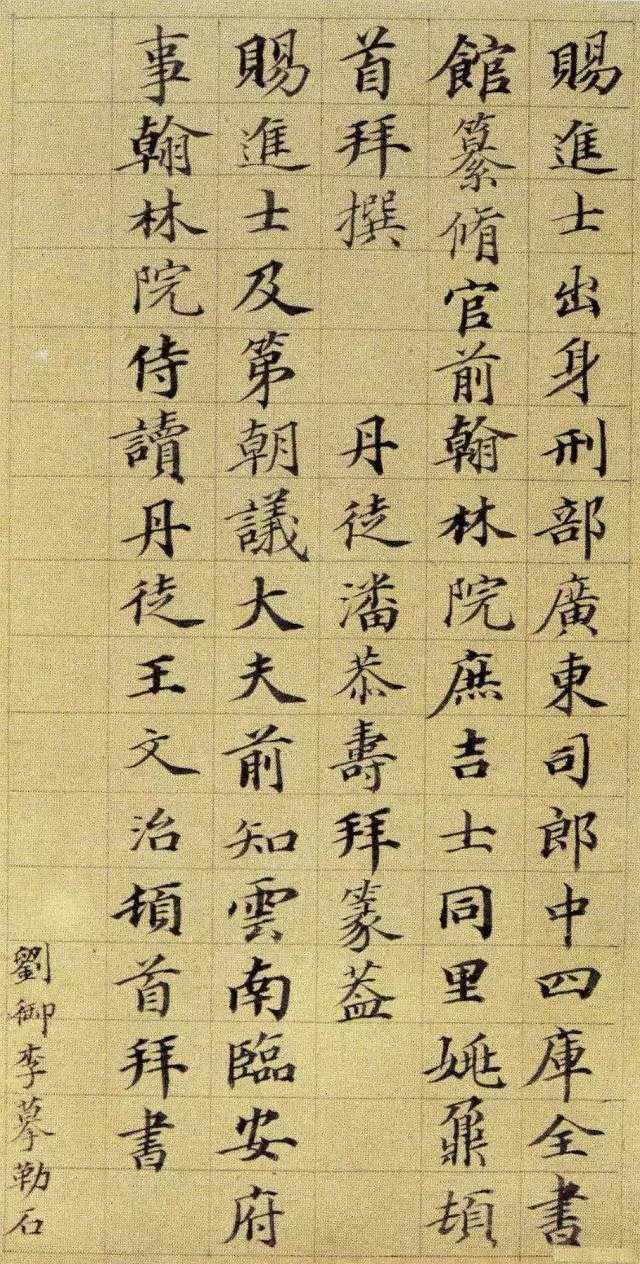
Four years later, Wang Wenzhi took the imperial examination and won the third place in the first class. This was the origin of the "light ink exploration of flowers" in the future. After becoming a Jinshi, Wang Wenzhi spent several years in the Hanlin Academy and played well with Ji Xiaolan. Wang Wenzhi was young and honest, and was often played by the eccentric Ji Xiaolan, leaving many jokes among the people.
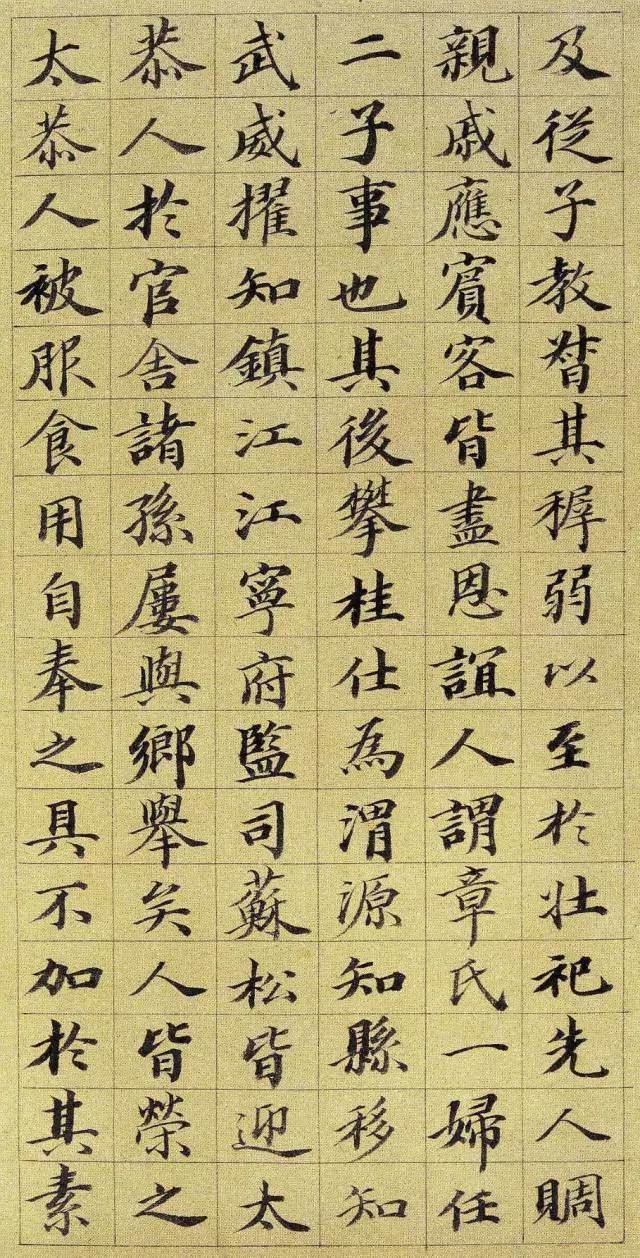
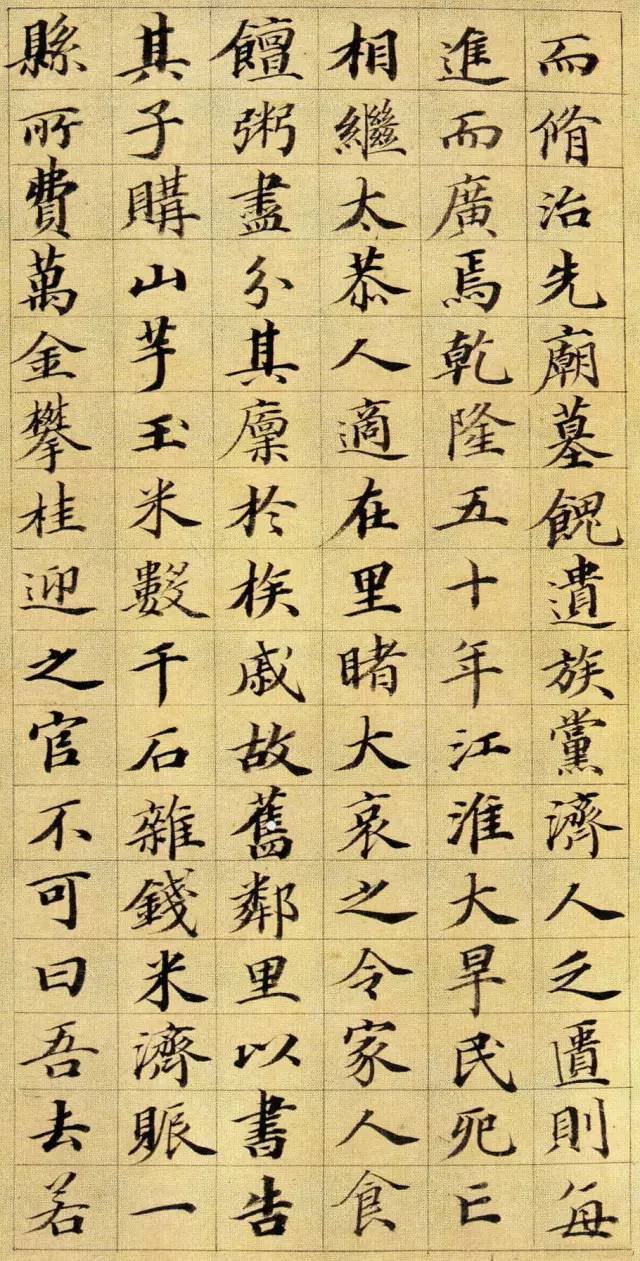
Later, Wang Wenzhi became the prefect of Lin'an, Yunnan. This work was written during this period. However, after working in Yunnan for several years, he was dismissed from office due to negligence. Later, when he was reinstated, he lost his temper: I don't want to do whatever I want.
At this time, Yuan Mei resigned from office to adopt his mother in his prime. Wang Wenzhi's move was also applauded by fellow Jiangsu people.
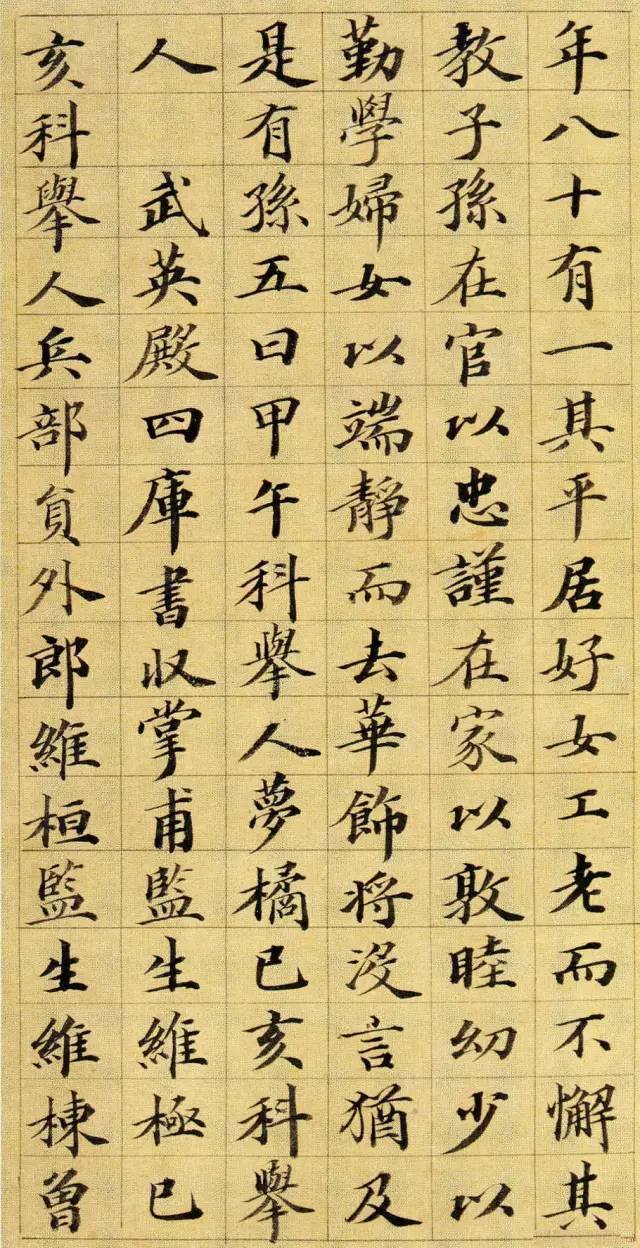
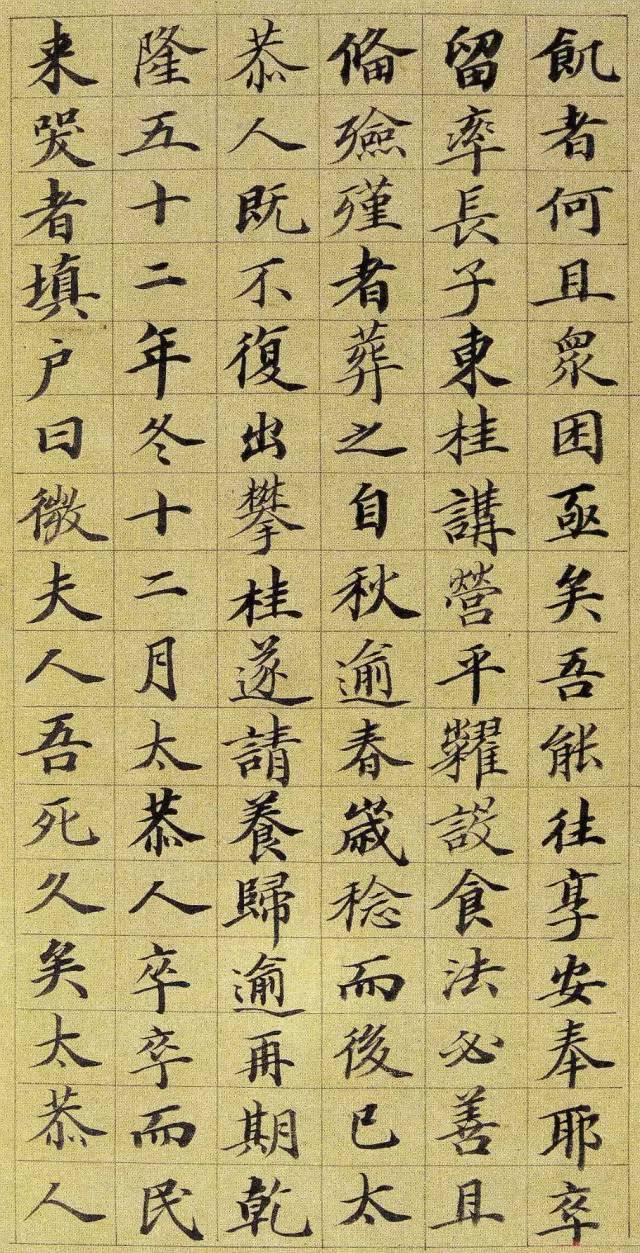
We all know that in addition to being filial to his mother, Yuan Mei also took in many female disciples in Suiyuan, where they enjoyed good food, drink, romance and happiness. After resigning, the honest and honest Wang Wenzhi suddenly became wild and wild. He loved music and personally taught his young servants music. No matter where he went, he would take singers with him to discuss music issues at any time. Moreover, although Wang Wenzhi was tall and thick-set, with big eyes and thick beard, he liked to dress up and often held masquerade parties to scare people. At that time, some people called Yuan Mei a "nine-tailed old fox", and Wang Wenzhi was also recorded in this way: A certain eunuch liked to use strange methods as prostitution, pretending to be women as servants of men, and men as maids...
However, Wang Wenzhi did not care about worldly views and continued to sing and play. Every time a guest came, he would sing happily before leaving. He earned a lot of money from selling calligraphy, but he spent all the money on singers. He did not listen to other people's advice.
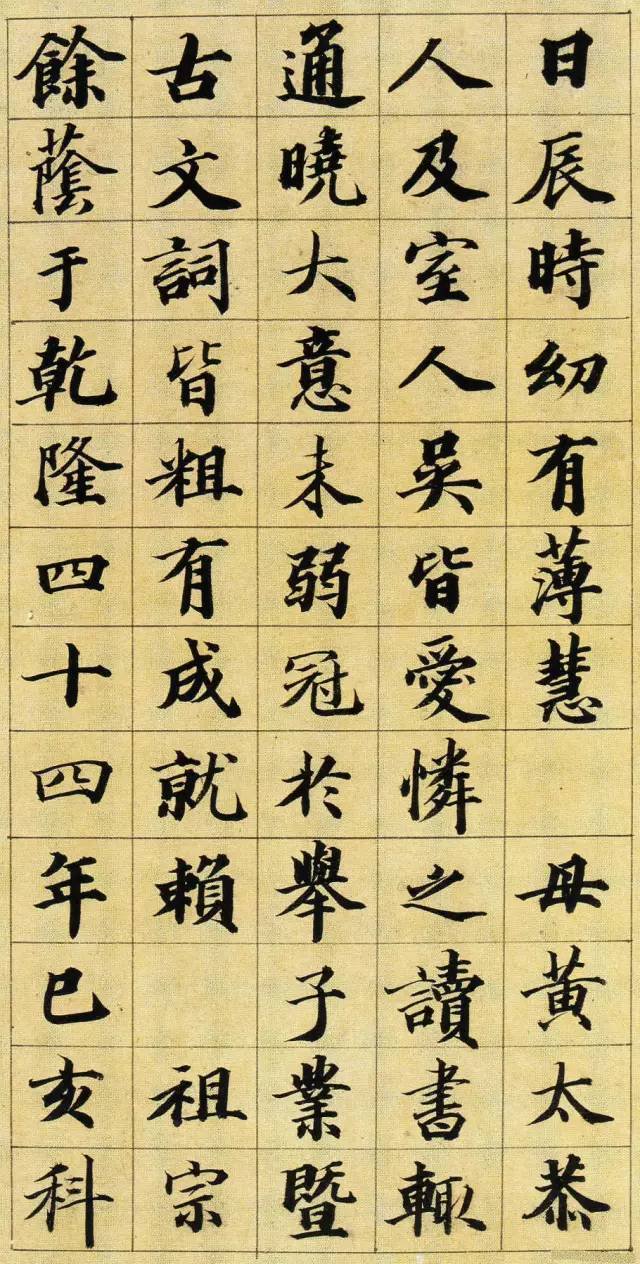
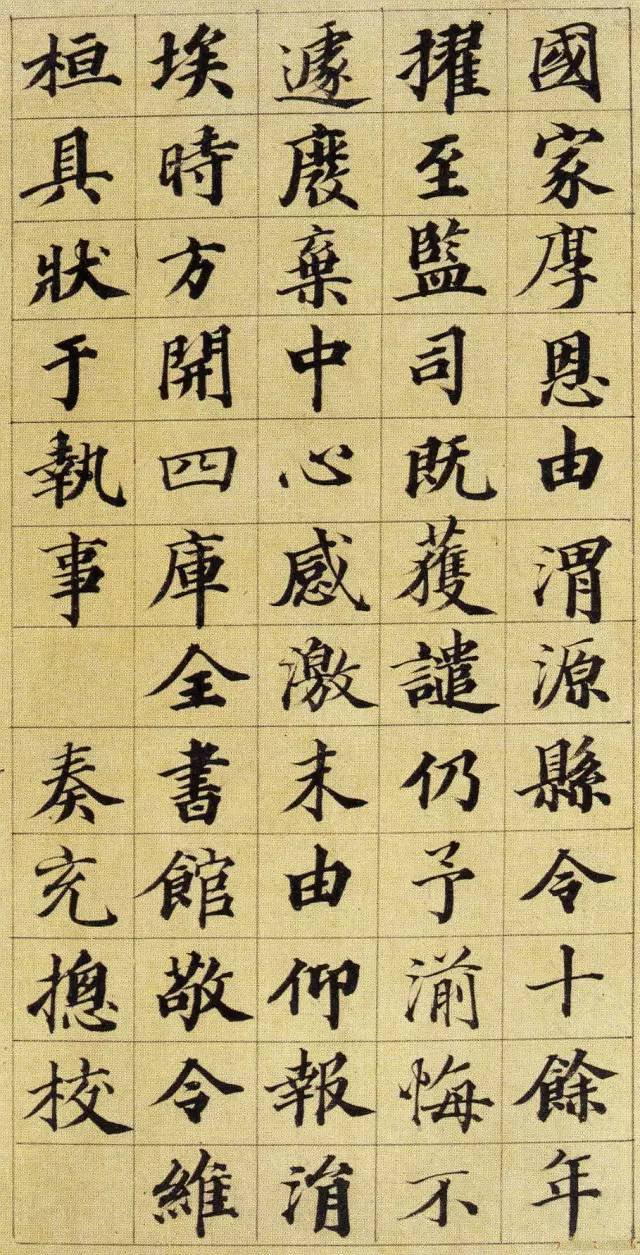
Wang Wenzhi has a habit of being more playful than anyone else when the song is loud, but after the song ends and everyone disperses, he adjusts his breath and meditates in silence. It seems to be extremely gorgeous and returns to its ordinary appearance. Wang Wenzhi studied Zen in his middle age, and received ordination in his later years. His Dharma name was Da Wu. Although he was not as thorough as Li Shutong, he also pioneered the trend from gifted scholar to old monk. One day in April of the seventh year of Jiaqing, 72-year-old Wang Wenzhi was sitting in his room. His wife, Sun Bai, responded to his calls and quietly lived out his colorful life.
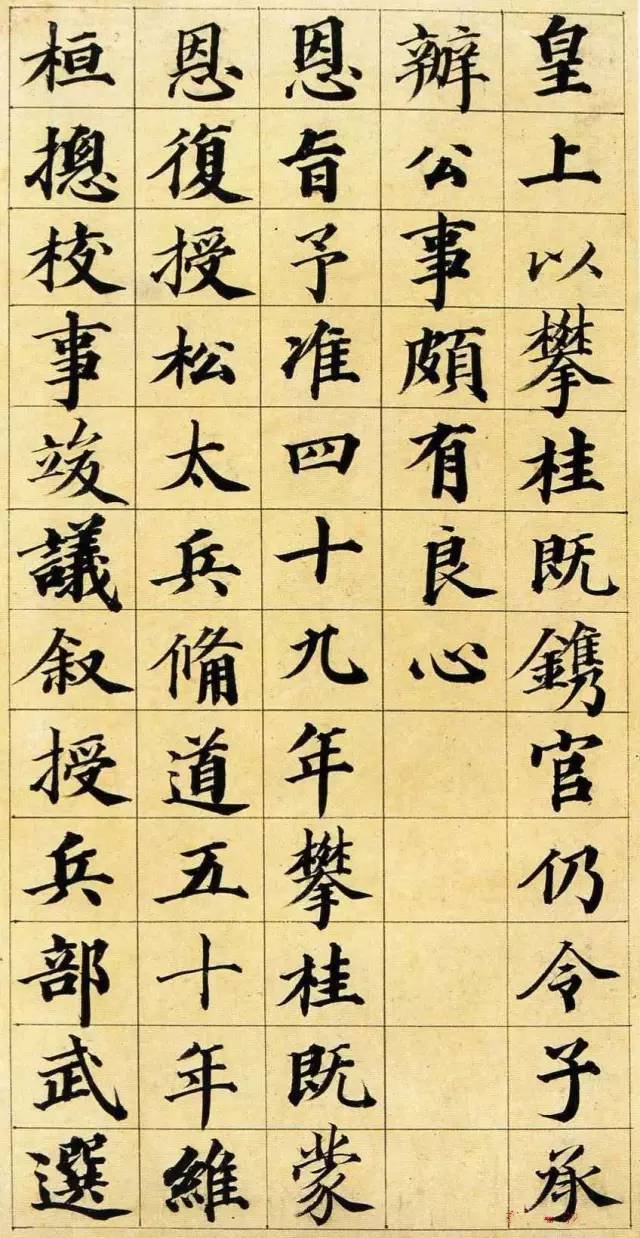
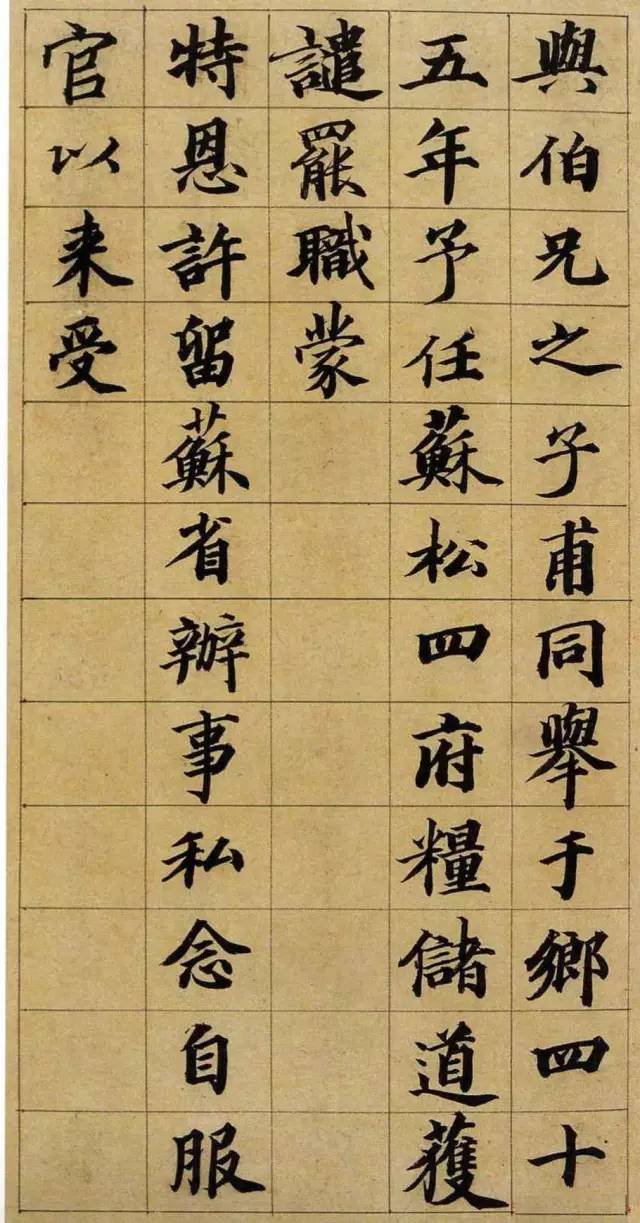
Wang Wenzhi learned calligraphy from Dong Qichang for the first time and worked hard on the "Preface to the Collection of the Holy Teachings of Kings". He liked to use light ink and focused on appreciating the style of calligraphy. Qian Yong once commented that Wang Wenzhi "obtained a copy of Zhang Jizhi's calligraphy in his middle age, and then entered the frivolous road. He is like a lady of Qiu Niang, with a slender frame and a good posture, but lacks dignity." However, Wang Wenzhi's evaluation of himself is: "My poems and words are all based on Zen principles."
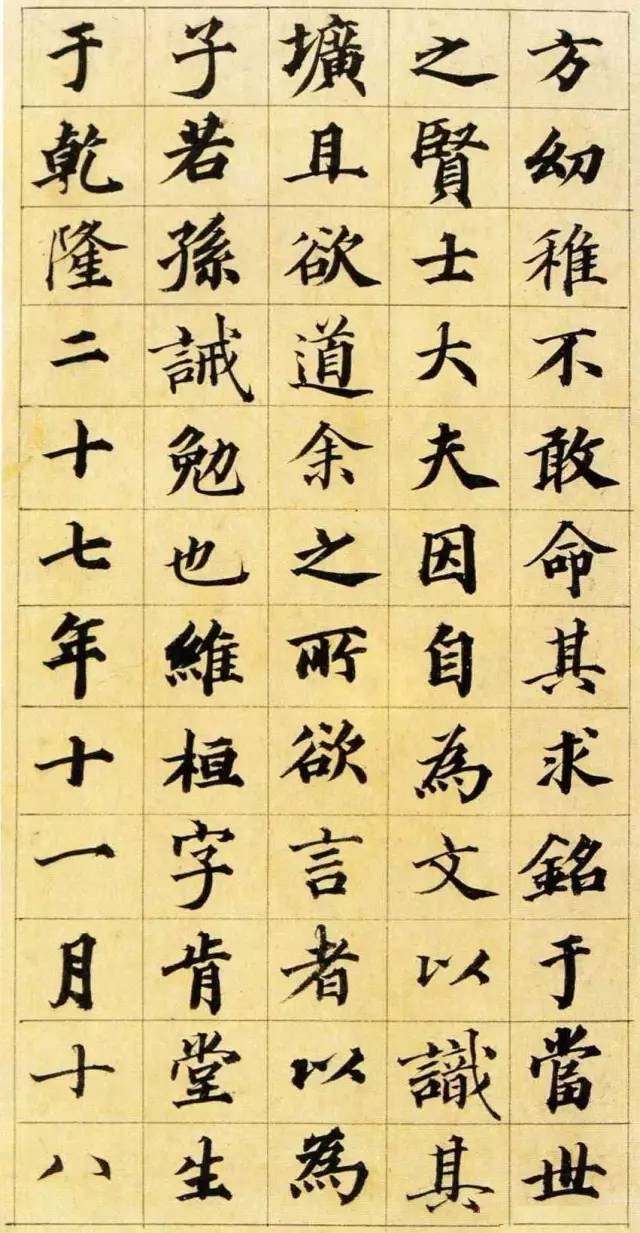
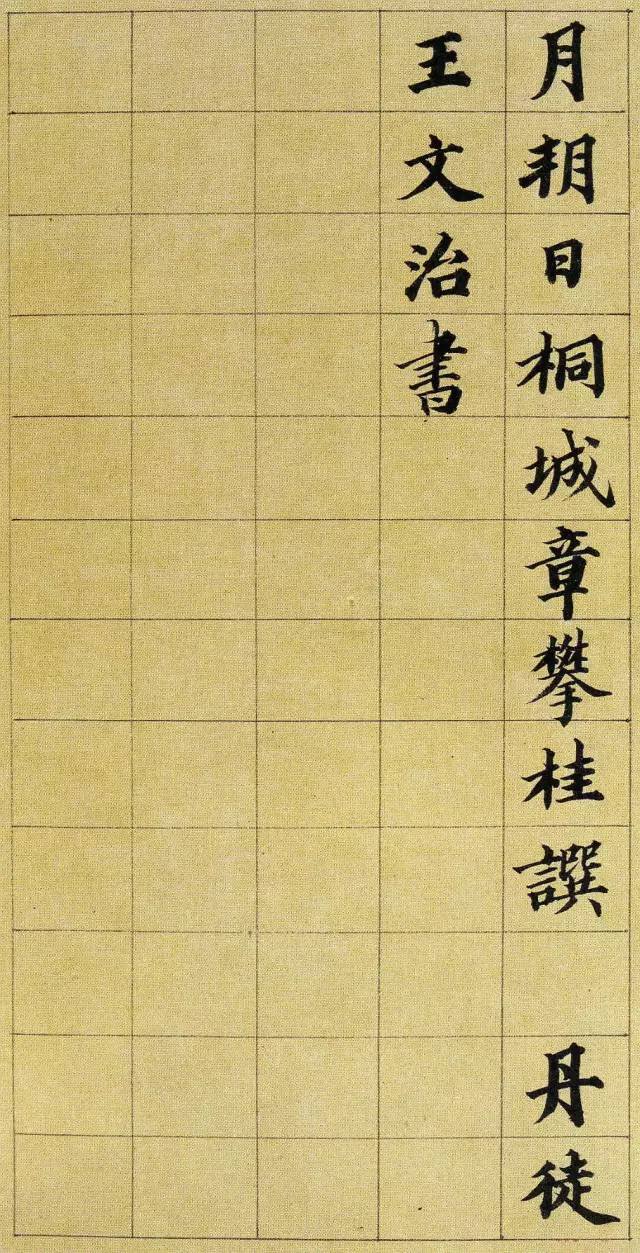
Frivolity is lightness, and Zen is also lightness. It is not easy to distinguish between the two. Others say you are frivolous, but you are confident that you are Zen. This is the beauty of Wang Wenzhi.
There are many ways to live in life. Some people like to live in the eyes of others, while others are willing to follow their own temperament and live how they want.
I like Wang Wenzhi because he lives out himself.

